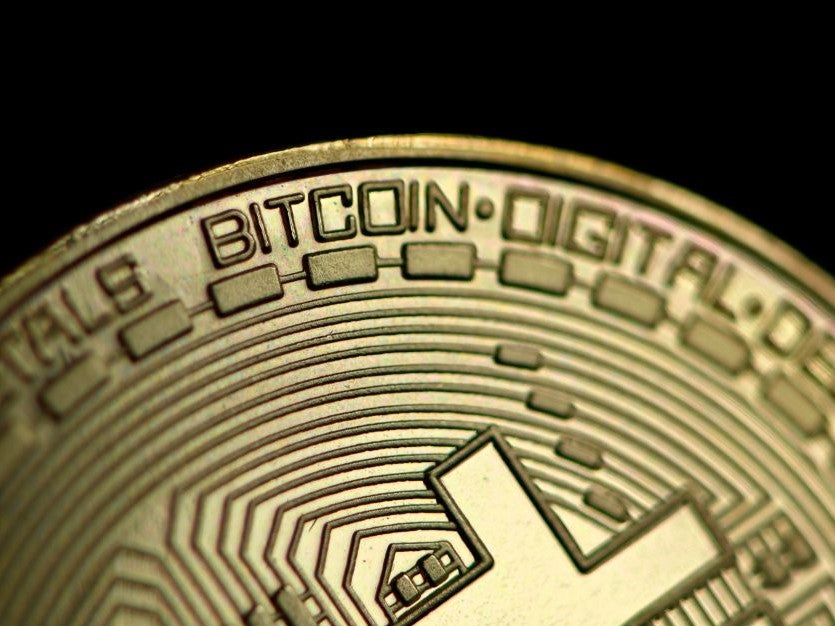Elon Musk suggests bitcoin is ‘ghost money’ as cryptocurrency approaches record high
World’s third-richest person was replying to a question from Game of Thrones star Maisie Williams

Elon Musk has responded to a request for cryptocurency investment advice by suggesting that bitcoin is ghost money.
The SpaceX and Tesla CEO, who became the world’s third richest person this week, made the claim amid a surge in the price of bitcoin that could see it surpass its record high from 2017.
Bitcoin is currently trading at around $17,400 (£13,000) – less than $3,000 off its all-time high – having fallen to below $5,000 earlier this year.
The surge in value has attracted renewed interest in the cryptocurrency, with Game of Thrones star Maisie Williams tweeting a poll on Monday asking: “Should I go long on bitcoin?”
More than 800,000 people voted ‘no’, but thousands of people replied with various memes encouraging her to invest.
Mr Musk replied with a reference to a song from The Witcher series, stating, “Toss a bitcoin to ur Witcher.”
Another Twitter user responded with one of the earliest bitcoin memes, which features a picture of a wizard with the text “Magic internet money/ Join us".
Mr Musk continued the thread with a cryptic message of a ghost emoji and a stack of dollar bills emoji. He also linked to an article from the satirical news site The Onion, featuring the term “ghost money”.
The article is from 2017 and was published just before bitcoin experienced its record-breaking price surge.
It stated: “At press time, bitcoin had recouped some of its losses, which experts attributed to the fact that even ghost money best suited for anonymously buying heroin could sometimes rebound.”
His mention of cryptocurrency once again attracted scammers, who attempted to extort his followers of cryptocurrency by imitating his username and profile picture and calling for people to send bitcoin to an anonymous address.
Analysis by The Independent in 2018 found that more than 400 people sent thousands of dollars worth of cryptocurrency to scammers in hopes of receiving more money back.
Earlier this year, Mr Musk claimed that the issue had reached “new levels” on Twitter and called on CEO Jack Dorsey to take further action.
“This is not cool,” he tweeted. “Troll/ bot networks on Twitter are a dire problem for adversely affecting public discourse and ripping people off.”
Twitter said at the time that it has rules in place forbidding such activity and claimed it was “constantly adapting to bad actors’ evolving methods” in order to prevent scams on its platform.
Join our commenting forum
Join thought-provoking conversations, follow other Independent readers and see their replies
Comments
Bookmark popover
Removed from bookmarks